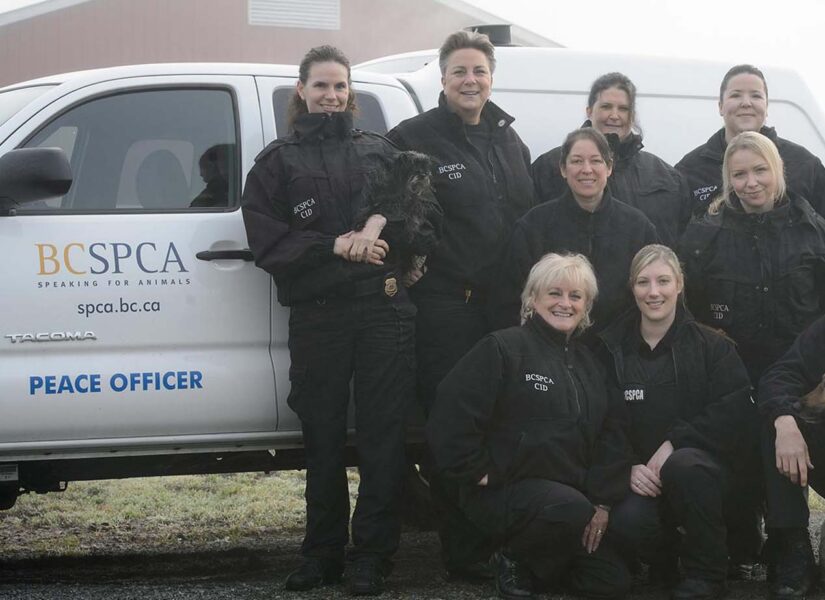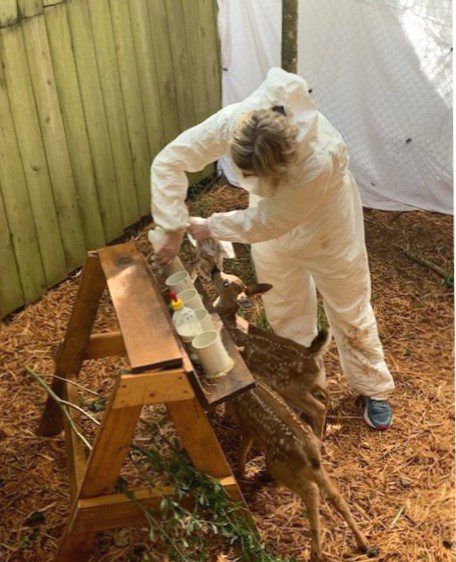Questions about the BC SPCA
Yes, some school programs will give you credit for volunteering with the BC SPCA.
Practicums at Wild ARC are available for university and professional training credits.
Practicums at the Vancouver Branch are also available to university students if registered through the University of British Columbia.
High-school work experience may also be available at your local BC SPCA branch. Contact them directly for details.
Veterinary and registered animal health technologist externships may also be available at certain BC SPCA Hospitals and Clinics. Contact them directly for details.
YES! Gift cards are available for our online shop. Please note that gift cards can only be applied to products in the online store and can not be applied to adoption fees at this time.
Every year the BC SPCA takes in thousands of animals suffering from physical and behavioural problems. We treat them with great care and find them homes to suit their needs. Most animals we take in are treatable and we do not place a time limit on how long an adoptable animal can stay in one of our animal centres. However, our goal is always to get animals into homes as soon as possible.
The BC SPCA does not euthanize healthy cats or dogs entering our facilities. All medically and behaviourally healthy animals are placed in the best suited adoptive homes with caring guardians.
If an animal is being overlooked for adoption in one of our animal centres, we transfer them to a different branch to provide the best opportunities for adoption. *Learn more about the Drive for Lives program.
When would the BC SPCA euthanize an animal?
If an animal is suffering from a mental or physical illness or behavioural problem that cannot be treated in the animal centre, or an illness or behavioural problem that poses a serious public health or public safety concern, the animal may be euthanized.
Our community outlook
We believe that we are part of a larger community responsibility for companion animals. We are grateful to our supporters and adopters who open their hearts and homes to help us place animals with medical and behavioural challenges.
Understanding the terminology
The definition and use of the term “no-kill” is controversial and the BC SPCA does not use this term as we believe it divides animal welfare organizations. It isn’t useful or scientific in promoting animal care practices that best meet animal welfare standards. The term “no-kill” is best used to describe community goals, and not to describe individual animal facilities within a community.
Our euthanasia statistics
Our guidelines for determining treatability and adoptability are public: Asilomar & Adoptability Guidelines (PDF). As part of our commitment to transparency, we report annual euthanasia numbers using the Asilomar Annual Report.
2024 Asilomar Annual Report (PDF)
2023 Asilomar Annual Report (PDF)
2022 Asilomar Annual Report (PDF)
2021 Asilomar Annual Report (PDF)
2020 Asilomar Annual Report (PDF)
2019 Asilomar Annual Report (PDF)
2018 Asilomar Annual Report (PDF)


